|
You stare at the photograph from ten years ago and realize with frustration you don't look the same.
Your skin is looser, your stomach is bigger, your legs are chunkier. Your arms are thicker now, and you wouldn't dare squeeze into an outfit like that. Maybe the scale says you're heavier. Maybe you can't fit in those jeans anymore. You are not the same, and it irks you to the core. So you do what the media has taught us to do. You say no to the birthday cake when you want to say yes. You cut calories so you go to bed hungry. You make yourself dizzy, all in the sake of calorie deficit. You deny yourself any joy when it comes to food. Maybe you try a diet where you cut out a certain group of foods altogether. Starvation is your new mantra, even though life feels joyless. You are not the same. Maybe you start counting your steps obsessively, and even when your body screams for rest, you push it anyway. You lift weights until your shoulders ache. You skip fun dates or time with your dog or dinner with friends because you can't miss the gym. You take up running even though you dread that alarm clock every single morning because of it. If you didn't sweat enough, you're not worthy. You have to earn rest. You are not the same. You cover your body everywhere you go. You change your outfit twenty times because of the way your shirt clings to your stomach pooch or your leg cellulite shows in those shorts. You are not the same--and that is your deepest, darkest secret you hide at all costs. You worry about what others think as they peruse your social media. You're terrified of being "that girl" who let herself go, who looks bloated and chunky compared to who she was. You are not the same. But you know what? You're damned right you're not the same. Because after all these years, you really shouldn't be. You've lived life. You've had successes and failures. You've fallen in love, dealt with heartbreak, lost, loved, lost again. Maybe you've had babies. Maybe you traveled the world. Maybe you learned new skills or took up new hobbies. You've made new friends and taken new jobs. You've survived. You've failed. You've conquered. You've learned. You've done that thing you never thought you could do. You showed up when you didn't want to. You made life better for others. You saw that sunset that you can't forget about. You got on the stage, you stood up for what was right. You had surprise after surprise, some good and some bad. You lived through countless days of wonder. You've grown in so many ways in the past ten years that no, you're not the same. You've outgrown that girl you used to be in all the best ways. You are wiser now, smarter, more mature in some ways. You are more open-minded yet also more grounded in who you are and who you want to be. So of course, you are not the same. Isn't it crazy we would expect you to be? You are not the same--celebrate that, not just emotionally, but physically, too. Stop seeing the changes in your body as something to hide. Celebrate who you are, right now, today. Celebrate every beautiful inch of yourself. Stop hiding. Stop trying to "get back" to the size or shape you used to be. Stop looking back. I think the sooner you learn to love yourself, to love the skin you're in right now without comparing yourself to yesterday--that's when life opens up. That's when true joy settles into your bones. That's when you can exhale, live your best life, and be truly, 100% healthy.
0 Comments
Writers write about the places and emotions they know best. For me, the storyline in Then Comes Love came largely from my observations and interactions at my grandfather’s apartment complex. My grandfather moved to my hometown a few years ago. He’d spent his entire adult life in a house in Scottsdale. It was where he lived with my grandmother for their fifty plus years of marriage. He raised his children there, worked there, retired there. Now he lives close to our family in an apartment complex for those 55 and older. It’s a wonderful community of people in this unique stage of life, battling with holding onto the past while also trying to figure out what the future might hold. In many ways, these living centers have their own unique social systems that don’t just involve those living there; the families and loved ones of the residents often are pulled into an interesting social climate as well. Thus, the idea to set this book around the setting of an assisted living center came to me. I thought about the struggles residents face, giving up their homes and everything they’ve ever known to start a new life. I thought about the identity crisis I’ve heard many talk about at this stage in their lives. And I thought about love. I’ve seen romances blossom in the halls of my grandfather’s apartment complex. Women and men who’ve lost their spouses often find their hearts opened again thanks to relationships with those around them. Love doesn’t just shut off at a certain age. I’ve heard some residents talk about how they know more about love now than in their younger years. I also wanted to capture the difficulties faced by the families of the residents in these places. It isn’t easy being a caregiver…I’ve seen how my mom struggles to balance her own life with the needs of my grandfather on a weekly basis. Annie’s struggles are the struggles of so many with aging parents, and it isn’t an easy situation to be in, physically or emotionally. Finally, I wanted to capture the humor that is often a part of homes for the aging. I can tell you there aren’t any Catherines in my grandfather’s apartment building, at least to my knowledge. But there are Catherine-like comments over trivial matters. There are interesting situations and hilarious observations. There are friendships and frenemies, new romances and interesting events. If you’ve ever been to an assisted living center, a retirement complex, or a nursing home, you know that things are truly never dull. I wanted this energy to be a driving force in the setting of my novel. Then Comes Love is a novel that exposes feelings and struggles I think many will be able to relate to. Aging, whether it is happening to us or a loved one, is something that forces change for us all, change that can sometimes be difficult to accept. Charlotte, Annie, and Amelia, however, show us that sometimes humor, friendship, and family love can make the change at least bearable if not welcome. Then Comes Love releases March 18th with Hot Tree Publishing. 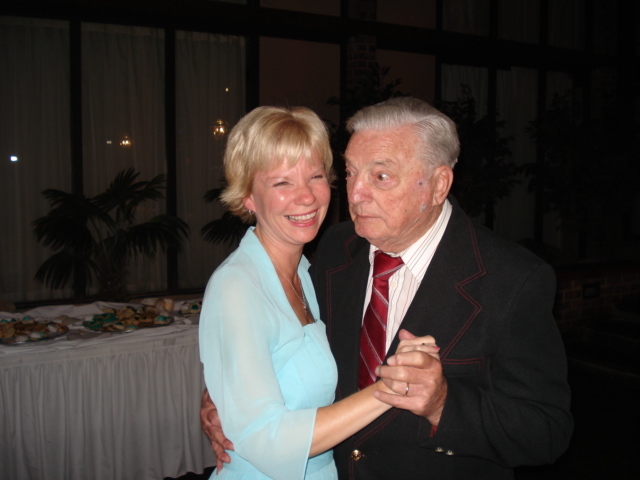
At ninety-three, my grandfather has survived a lot. He lived through WWII, serving in the war. He lived through the death of my grandmother, the death of a son, bouts with skin cancer, and a heart attack. With all of the things he’s survived have come many changes. A few years ago, he left the house he bought with my grandmother, the house my mother grew up in, to move closer to our family in Hollidaysburg. He moved into an apartment complex for the aging, and had to get used to a completely new type of life. It hasn’t always been an easy adjustment, especially for my mother. Although my grandfather is able to live independently, my mother truly serves as his caregiver. She is his apartment cleaner, grocery buyer, laundry washer, bill payer, finance organizer, pill refiller, question answerer, and everything else in between. It’s not an easy job. Caregiving: The Balancing ActLike so many, my mom has had to make the adjustment in her life from being the child to being the caregiver. It is a tough task. Not only does my mom work full-time and keep her own life going, she has to also take on my grandfather’s household, keeping it managed and working. Add to that the role she plays in my life, and she’s a busy woman. So many people don’t realize how difficult it can be when your parents age. With the role of caregiver, even if it is for an independent parent, comes a very tenuous balancing act. Essentially, my mom is constantly balancing three households: her own, my grandfather, and mine. It’s wearing, it’s taxing, it’s stressful, and it’s frustrating. But she does it with patience and grace. She does it because she has to, but she also does it because she is an amazing, caring person. I think many women in this age range find themselves in this hectic balancing act. That’s really what inspired the character of Annie in Then Comes Love. Like so many women in their fifties, Annie is trying to care for her mother while also keeping tabs on her thirty-two-year-old daughter. Annie suffers with feeling like she never really has her own life and feeling worn out. Add to that a divorce and career issue, and you’ve got yourself the perfect storm of a mid-life crisis. There are many humorous issues Annie has to deal with, some based on my understanding of caregiving through my mom’s eyes as well as my time visiting my grandfather’s apartment complex. Switching to a new life in a place for the elderly isn’t easy on anyone, and it is accompanied by its share of complexities. Then Comes Love, among other things, seeks to focus on the hectic, stressful, but also humorous life that can unfold when the elderly are forced to find a new place to live. Abs rippling, the sexy hunk sweeps the perfectly clad woman off her feet, kissing her at just the right moment. A few perfect lines, a few perfect touches, and they are off to their happily ever after. These are the scenes modern romance is made of... or are they? As a society, we seem to be obsessed with the idea romance is for the twentysomethings only. I am just as guilty as the next woman of wanting to see a gorgeous, sinewy hunk in my romance movie or next read. We think romance is synonymous with youth. I guess in a way it is. But does that mean there is a cut off for love? Does that mean romance, passion, and the spark dies after your twenty-ninth birthday? I certainly hope not. Love's Age LimitThis morning, my faith in love later in life was restored thanks to the Today Show. There was a beautiful special about couples who have been married over fifty years. Hoda hosted a special party for forty-one couples who have been married over fifty years. They even made a music video with the couples called "Little Romance." I found it so refreshing and emotional to see these couples interact in the segment. There weren't any six-pack abs or perfectly tight faces. There weren't passionate kisses or flirtations. But there was certainly love. There were looks of deep, genuine care for one another. There were laughs that certainly had their foundations in the decades. There were gentle touches, care for each other, and just joy. Watching this special, I realized that our society puts so much emphasis on the wild, crazy love of youth that we forget what love later in life can mean. Sure, love later in life might not be zesty and spicy. It might be lacking the swoonworthy scenes of our favorite rom coms. Looking at those couples today, though, I realized there is a genuineness, a deepness in love that spans the decades. There is something to be said for a couple who pledge themselves to one another and make it last through the years, good and bad. There is something heartwarming about the way those couples looked at each other. Love Later In LifeThere are plenty of real life examples to go around, too. I can remember visiting my grandfather at his retirement community apartment and seeing an adorable couple sitting together on the bench. They were so happy together, holding hands and laughing in the summer sun almost every day. I came to learn they had just met at their apartment complex. They were both in their seventies, and both had loved before. Together, though, they were just a portrait of happiness. They glowed when they were together. I heard from an acquaintance later who knew the woman that she said she never knew love until she met this man at the retirement center. She had been married before, but she hadn't loved as deeply as she did now. I thought that was an amazing sentiment. Sometimes, we think there's an age limit on the heart. We think that once one has lived so many years or had so many experiences, the heart dries up. Such is not the case. Love can come in so many forms at so many unexpected times. Love and Literature: Capturing Real Love at Every AgeAs a writer, I try to highlight the real woman's experience. I've written about teenagers. I've written about twenty-year-olds. Now, I'm also writing about an eighty-year-old for the first time.
It seems like there wouldn't be much to write about in an eighty-year-old's love life... but I've found it to be quite the opposite. Then Comes Love follows three different women of three different ages: 80, 50, and 32. Surprisingly, though, I think it was more fun to write the eighty-year-old's story than the others I've written so far. It was fun to explore what love later in life looks like. There was so much complexity to write about and so many emotions. There were things to explore that I didn't get to explore with my other characters. There was also a depth and realness to the emotions that I hadn't experienced with younger characters. Most of all, I feel privileged to get the chance to highlight a facet of love we often forget. Love later in life is a real thing. I hope this book sheds some light on that fact and gives some women hope. I hope it reminds women that love does not have a time limit or an age limit. So am I swearing off writing about young love? Absolutely not. There's something so special about the first time the heart finds love, usually at a young age. But the thing is, I've realized that no matter what your age, love is always special when it comes along. It catches us off guard no matter where we are in our lives. It moves us, it changes us. It challenges us. So whether you're fifteen or one hundred and fifteen, love is a common denominator in all of our lives. And no matter what age it comes at, it's always a beautiful, magical, and complicated thing. |
*As an Amazon Affiliate, I get a small fee for any books purchased through the links below.
Archives
May 2024
Categories
All
|
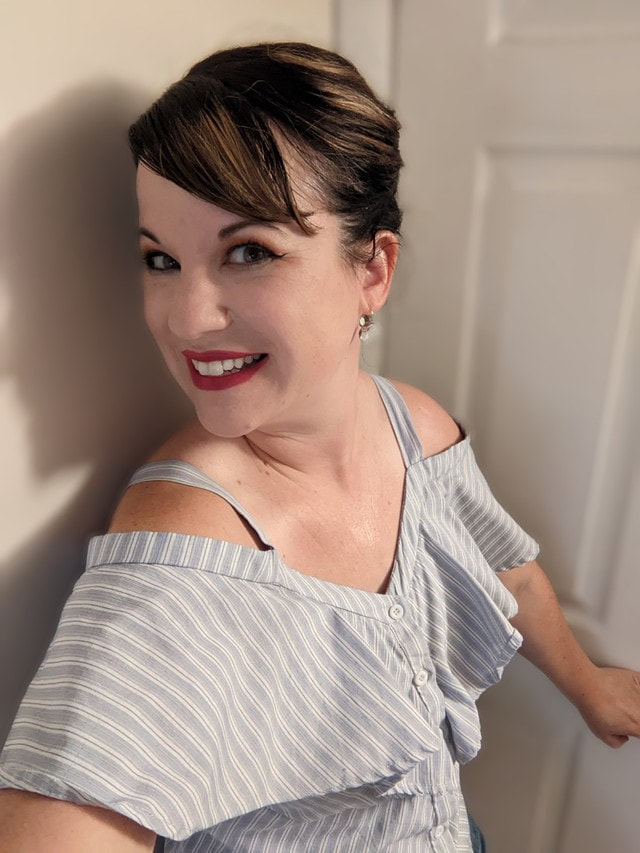

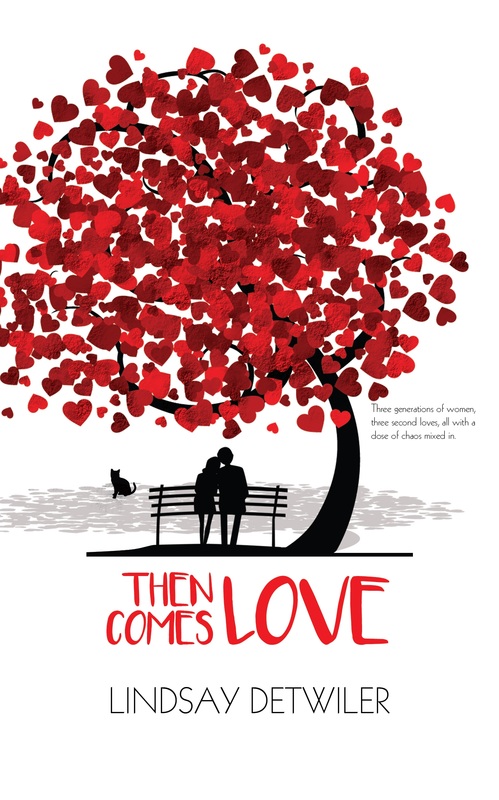


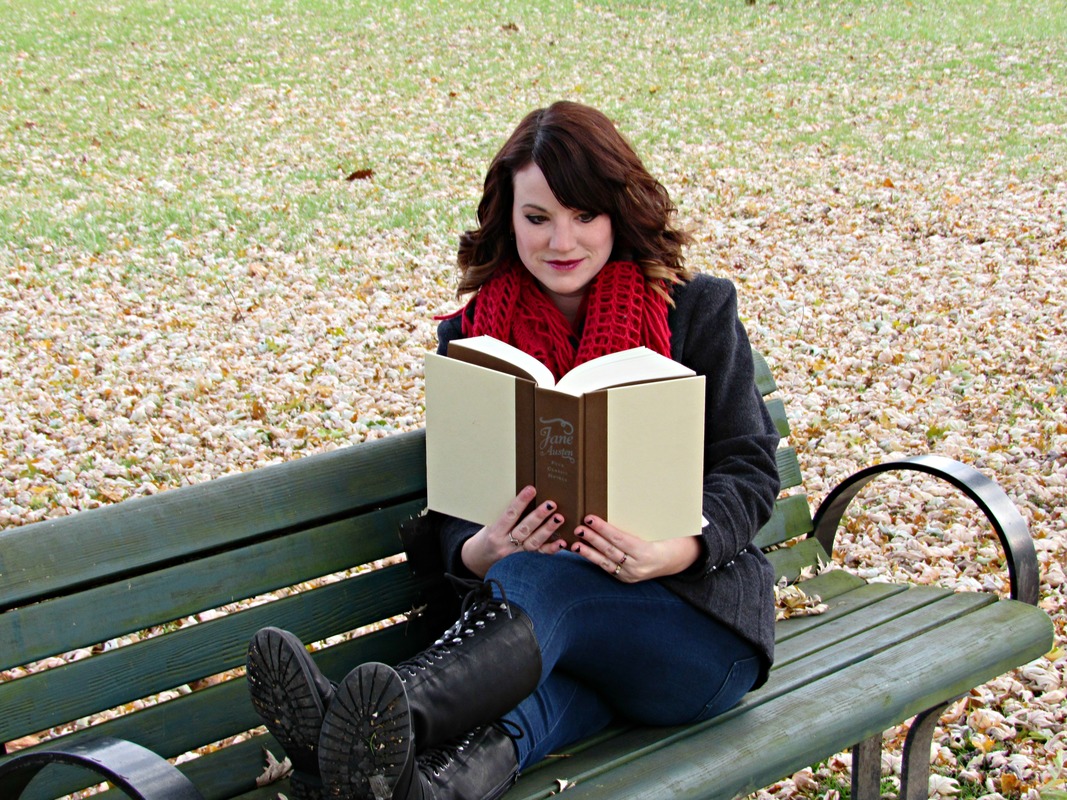






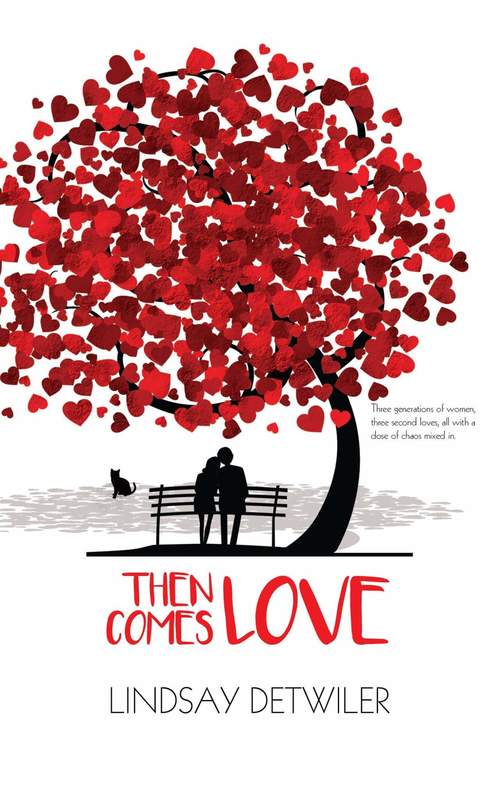

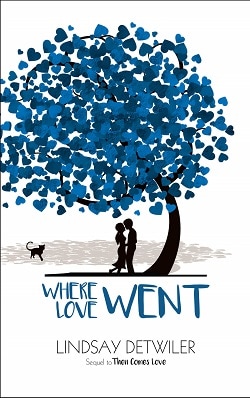
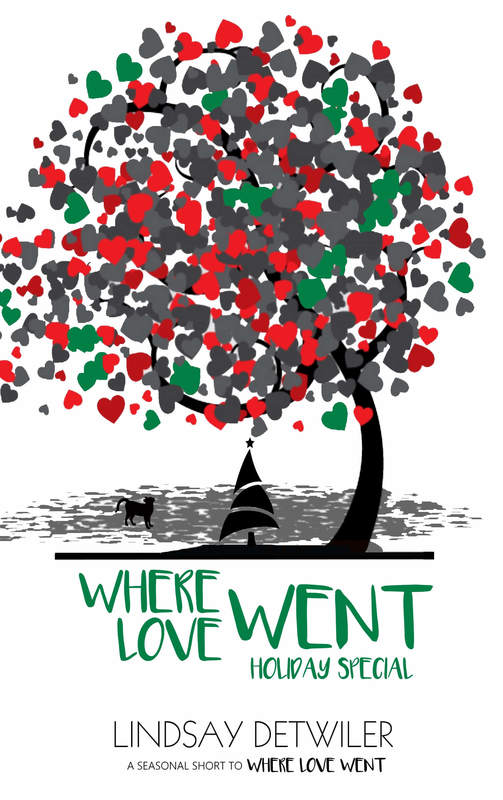

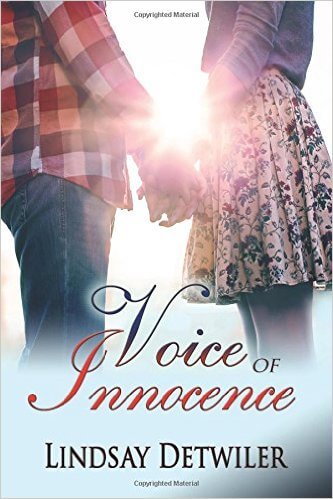
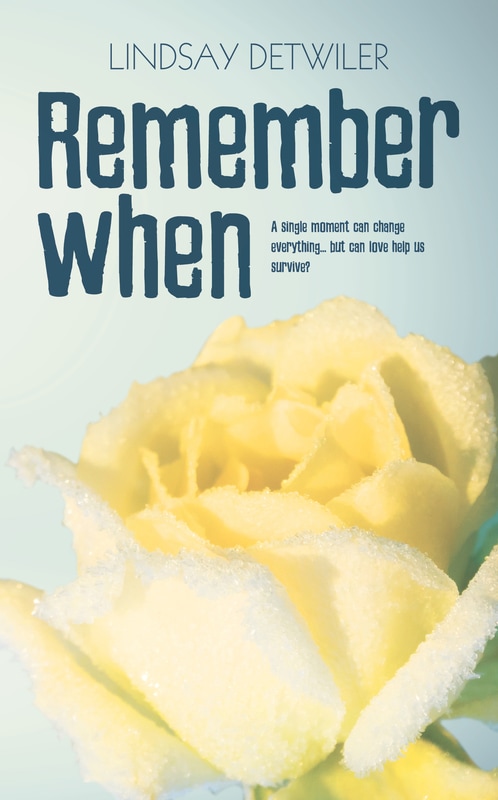
 RSS Feed
RSS Feed